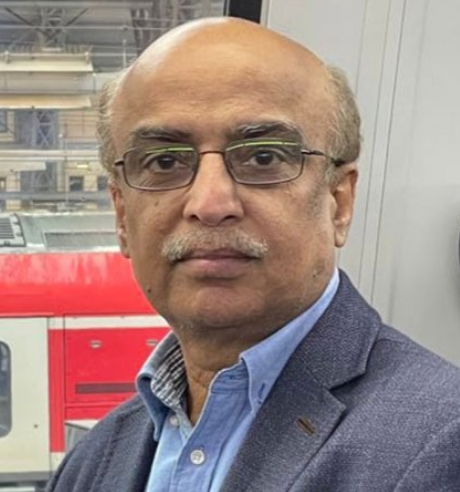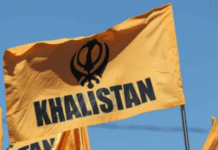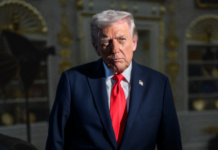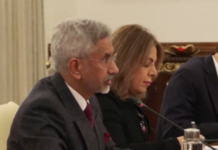Berlin– Shafi Burfat, chairman of the Jeay Sindh Muttahida Mahaz (JSMM), has appealed to the United Nations to investigate what he describes as systematic oppression, exploitation, and a conspiracy by Pakistan to divide Sindh.
In a letter to UN Secretary-General Antonio Guterres, Burfat claimed that Sindh — the historic homeland of the Sindhi people — faces escalating threats to its territorial integrity and national unity. He urged the UN to dispatch a fact-finding mission and intervene to stop what he called “criminal intentions and violations” by the Pakistani state.
“This appeal is submitted in accordance with the principles enshrined in the United Nations Charter, the Universal Declaration of Human Rights, and relevant international covenants,” the letter stated. Burfat argued that Sindh’s case falls under the International Covenant on Civil and Political Rights (ICCPR) and the International Covenant on Economic, Social and Cultural Rights (ICESCR).
The JSMM leader pressed the UN to recognize the Sindhi people’s right to self-determination and their pursuit of “national independence” under the banner of Sindhudesh. He stressed that the modern Sindhi nation embraces all residents of Sindh — regardless of ethnicity, language, religion, or sect — as integral members of a united homeland.
Burfat accused the Pakistani government and military of conspiring to divide Sindh along ethnic and linguistic lines, a move he warned could spark internal conflict and civil strife. He said these policies violate the United Nations Declaration on the Rights of Indigenous Peoples (UNDRIP), which affirms the right of communities to preserve their unity, culture, and self-determination.
Highlighting specific abuses, the letter pointed to widespread gender-based violence against women, systematic discrimination against religious minorities, and bonded labor in rural areas. Together, Burfat argued, these practices amount to “cultural genocide” under the UN Convention on the Prevention and Punishment of the Crime of Genocide.
He cautioned that unchecked abuses in Sindh could fuel violence, displacement, and instability across South Asia. To prevent this, he called on the UN to not only send investigators but also consider sanctions against Pakistan and its officials accused of involvement in oppression. (Source: IANS)














